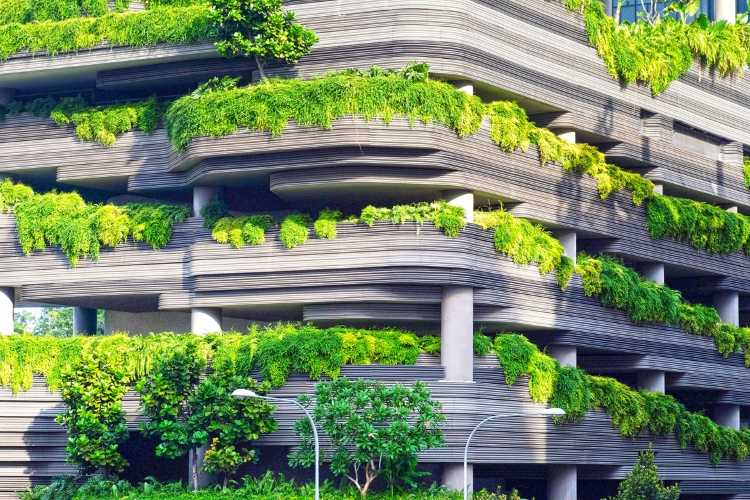India is witnessing rapid urbanisation and the buzzword of the times is sustainability. Whether it is industrial development, educational initiatives, or urban expansion, the call for sustainability has never been more pronounced. The concept of sustainability, a relatively recent addition to the development lexicon, has transcended the boundaries of mere environmentalism to become a fundamental pillar of the modern civilization.
As the human civilization evolved, the understanding of the critical importance of sustainable development also evolved. This article focuses on the vital role of sustainability in developing human settlements.
One of the most pressing concerns in urban development is the provision of safe, clean drinking water. Throughout history, settlements have risen and fallen due to the availability of water. As our cities expand at an unprecedented rate, especially in regions like Delhi and the National Capital Region, ensuring a sustainable supply of drinking water becomes paramount. The perils of mismanaging this precious resource are clear: we exhaust our limited water supply, leaving nothing for future generations.
READ I India’s electric vehicles ambition runs into a Chinese wall
Focus on sustainability of cities
To address this, stringent policies and regulatory measures are imperative. Governments at various levels have launched missions and projects aimed at promoting water security. Investment in water infrastructure, recycling, and treatment plants are essential steps towards efficient water use. The private sector also plays a pivotal role, with green building practices being mandated in the construction industry. These green buildings not only reduce resource consumption but also incorporate rainwater harvesting and water recycling systems.
Rainwater harvesting, for example, has been made compulsory in many cities in India. This strategy capitalises on the excess rainwater during certain months and ensures its storage and reuse during drier periods. Retrofitting existing structures with such systems becomes crucial in ensuring a sustainable water future.
However, water conservation efforts should not be limited to urban areas. Rural regions, particularly arid areas, require careful consideration. Building structures for water storage and harnessing rainwater, as exemplified in the states of Rajasthan and Andhra Pradesh, demonstrate the need to manage water resources efficiently across diverse landscapes.
In the grand scheme of human habitat sustainability, the role of water cannot be overstated. Without a reliable water supply, cities would become uninhabitable, jeopardising economies, jobs, and the very fabric of modern civilization.
Electricity, too, holds a central position in the modern urban landscape. Our lives have become increasingly energy-dependent, from the smallest gadget to the largest appliance. Energy security is now a vital concern, prompting a focus on energy-efficient appliances and optimal power utilisation. Yet, our dependence on energy-intensive technologies has never been greater. The excessive use of gadgets, especially in buildings, has led to a surge in energy consumption, posing a threat to the environment.
Building design plays a crucial role in this conundrum. Traditional building designs tailored to tropical climates with high ceilings, thick walls, and effective ventilation have given way to designs reliant on energy-hungry gadgets like air conditioners and artificial lighting. A return to sustainable building design principles is essential to reduce energy consumption and its associated environmental costs.
Mobility is another critical aspect of sustainable urban development. Compact, well-connected cities with efficient public transportation systems reduce the reliance on private vehicles and fossil fuels. The development of comprehensive mass transit networks, coupled with last-mile connectivity solutions, is vital to curb carbon emissions and promote sustainable urban mobility.
To usher in the era of sustainable development, a concerted effort is required. Education and awareness initiatives, such as training programmes and sustainable building models, are essential tools in the toolbox. Government regulations and incentives must align with sustainability goals to encourage green practices. However, at its core, the transformation must be one of attitude and commitment. A collective shift in mindset—from individuals to institutions, from local bodies to regulators—is imperative.
We must recognise that sustainability is not just for us but for the generations yet to come. As we continue to build and expand our urban landscapes, let us do so with a firm commitment to sustainability. Our choices today will shape the future of our cities, our environment, and our civilization itself. It is time to act decisively to protect our planet and to secure a sustainable future for all.
(Dr PSN Rao is Professor and former Director, School of Planning and Architecture, New Delhi.)

